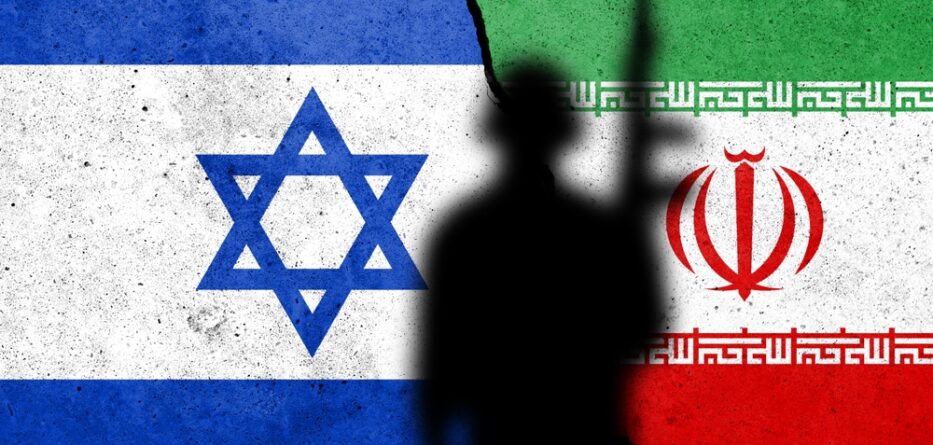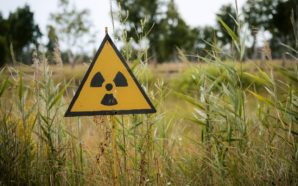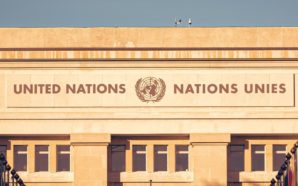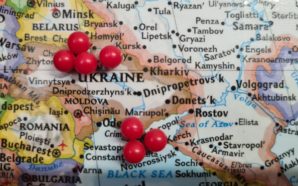
Tensions Soar as Iran Launches 100 Drones at Israel
Tensions in the Middle East reached a boiling point early Friday as Iran launched over 100 drones toward Israel in a direct and swift retaliation for a massive Israeli airstrike targeting Iran’s nuclear and military infrastructure.
The aerial assault comes just hours after Israel, in a high-risk operation named “Strength of a Lion,” deployed over 200 fighter jets in what Prime Minister Benjamin Netanyahu described as a “necessary act of self-defense” to neutralize what he called an “imminent threat of nuclear holocaust.”
“The Jewish state refuses to be a victim of a nuclear holocaust,” Netanyahu declared in a nationally televised address. “We will never allow those who seek our annihilation to obtain the means to achieve it.”
Israel’s Bold Strike: Aimed at the Heart of Iran’s Nuclear Program
The Israeli military campaign, launched under the cover of darkness, struck deep into Iran’s heartland — including the Natanz uranium enrichment facility, missile storage sites, and command centers believed to be directing Iran’s nuclear ambitions. Israeli officials say the strikes were precise and strategically aimed at dismantling Iran’s ability to produce nuclear weapons.
According to the International Atomic Energy Agency (IAEA), the Natanz facility was indeed hit, confirming Israel’s direct attack on Iran’s core enrichment capability.
Iran’s Response: Drone Swarm and Vow of “Severe Punishment”
Within hours, Iran’s Supreme Leader Ayatollah Ali Khamenei condemned the airstrikes, calling them a “crime against our beloved country.” In response, the Islamic Republic launched a wave of more than 100 explosive drones toward Israel.
“All of Israel’s defense systems are activated and operating to intercept the incoming threats,” said IDF spokesperson Brig. Gen. Effie Deffrin. “The drones are expected to reach Israeli airspace within hours, and we are fully prepared.”
Iranian state media described the drone campaign as the beginning of a “decisive response,” warning of additional retaliatory measures if further strikes occur.
Top Iranian Officials Killed in Israeli Operation
Iranian media has confirmed that several high-ranking officials and nuclear scientists were killed in the Israeli strikes, including:
- Gen. Mohammad Bagheri, Chief of Staff of Iran’s Armed Forces
- Gen. Hossein Salami, Commander of the Revolutionary Guard
- Fereydoun Abbasi, Former Head of Iran’s Atomic Energy Organization
- Mohammad Mehdi Tehranchi, Nuclear Physicist and University President
Additionally, the Revolutionary Guard’s headquarters in Tehran was reportedly engulfed in flames, with multiple explosions heard throughout the capital.
U.S. Stance: “We’re Not Involved—But Iran Must Not Target Us”
The United States quickly distanced itself from the Israeli operation. In a press briefing, Secretary of State Marco Rubio stated:
“The U.S. had no role in Israel’s actions. However, we warn Iran not to target U.S. personnel or facilities in the region.”
Former President Donald Trump, speaking live on Fox News, emphasized diplomacy and urged Iran to return to nuclear negotiations scheduled for this Sunday in Oman.
“They could be a great country,” Trump said. “But they must completely give up hopes of obtaining a nuclear weapon.”
Israel on High Alert, Public Life Disrupted
Following the strike and in anticipation of Iranian retaliation, Israel has:
- Closed its national airspace
- Cancelled all commercial flights
- Ordered bomb shelter readiness across major cities
- Cancelled public events, including the Tel Aviv Pride Parade
Defense Minister Yoav Gallant and military chief Lt. Gen. Eyal Zamir have warned that Israel is prepared for a prolonged conflict if necessary.
“Anyone who dares challenge Israel will pay a heavy price,” said Zamir.
Looking Ahead: Diplomacy or Further Escalation?
With global powers urging restraint, the question remains whether this dramatic exchange marks the start of a broader war—or a turning point toward renewed negotiations. The IAEA’s latest report indicates Iran has stockpiled enough enriched uranium for multiple bombs, while 19 nations on its board recently condemned Tehran for violating nuclear agreements.
“This is not the end,” Netanyahu cautioned. “We will take whatever action is necessary to protect our people.”
As the world watches this rapidly evolving crisis, both diplomacy and devastation remain on the table.
Should the Pentagon Really Be Using Microsoft’s AI?
-
Truss has taken the reins from Boris Johnson. After a monthlong period of no concrete leadership following the departure...
-
Secretary-General Antonio Guterres warned that a single misunderstanding could be catastrophic. Earlier this week, the United Nations held a...
-
Authorities have declared the extreme heat as a “national emergency.” Territories across western Europe, as well as nearby countries...
-
Ukraine reclaimed the tactically-advantageous island. This morning, the Ukrainian military announced that it had successfully driven the Russian military...
-
This is the first time a veto has been used in the UN since 2006. Over the past year,...
-
Andrés Manuel López Obrador won’t attend unless America invites every country. Next month, the Summit of Americas is slated...
-
Macron is the first French President to get a second term in 20 years. Over the weekend, the last...
-
Political pressure has prompted the EU to delay their ban on Russian coal. Earlier this week, the European Commission...
-
Russia and Japan have still not settled tensions from World War II. At the end of World War II,...
-
Ukrainians are trying to put distance between themselves and the Russian military. In spite of economic and political pressure...
-
In spite of videos of troops leaving, Russia may be increasing their military presence at the Ukrainian border. Recently,...
-
Stalled voting stymied the President’s hopes of retirement. Italy has spent the last week preparing to elect a new...




















